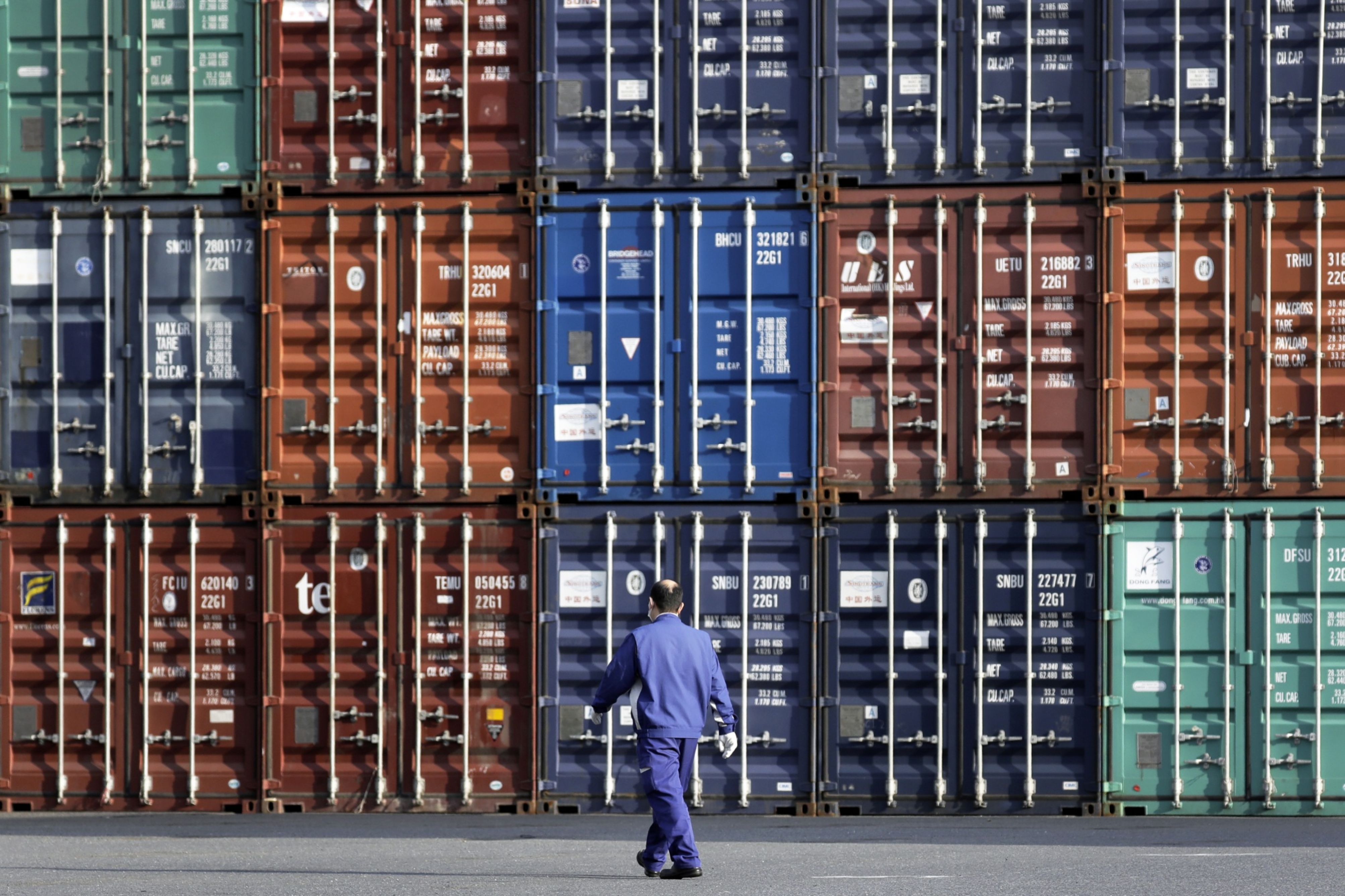The current account surplus tumbled 15.8 percent in May to ¥1.59 trillion as exports to China declined amid U.S.-China trade tensions, according to government data released Monday.
The surplus in the current account, one of the widest gauges of international trade, fell for the third consecutive month but marked the 59th straight month of black ink, a preliminary report by the Finance Ministry said.
Among key components, Japan posted a goods trade deficit of ¥650.9 billion amid weak exports to China and South Korea, although the goods trade surplus with the United States expanded, a ministry official said.
Exports fell 6.3 percent from a year before to ¥5.92 trillion due to sluggish demand for semiconductor manufacturing devices in China and South Korea and auto parts in China, the official said.
Imports fell 0.9 percent to ¥6.57 trillion, reflecting a decline in shipments to Japan of liquefied natural gas.
Japan's long-running surplus in the current account has been helped by solid income from foreign investments. Primary income, which reflects returns on overseas investments, registered a surplus of ¥2.26 trillion, down 5.9 percent.
Service trade, which included cargo shipping and passenger transportation, logged a surplus of ¥137.2 billion.
The travel surplus stood at ¥230.5 billion, the highest on record for the month of May, supported by the influx of foreign travelers to Japan, which rose 3.7 percent from a year earlier to 2.77 million.
The surplus grew 5.3 percent, even though around 1.44 million Japanese went abroad in May, up 3.9 percent from a year earlier, as part of this year's special 10-day Golden Week holiday period from late April to early May to mark the imperial succession.




